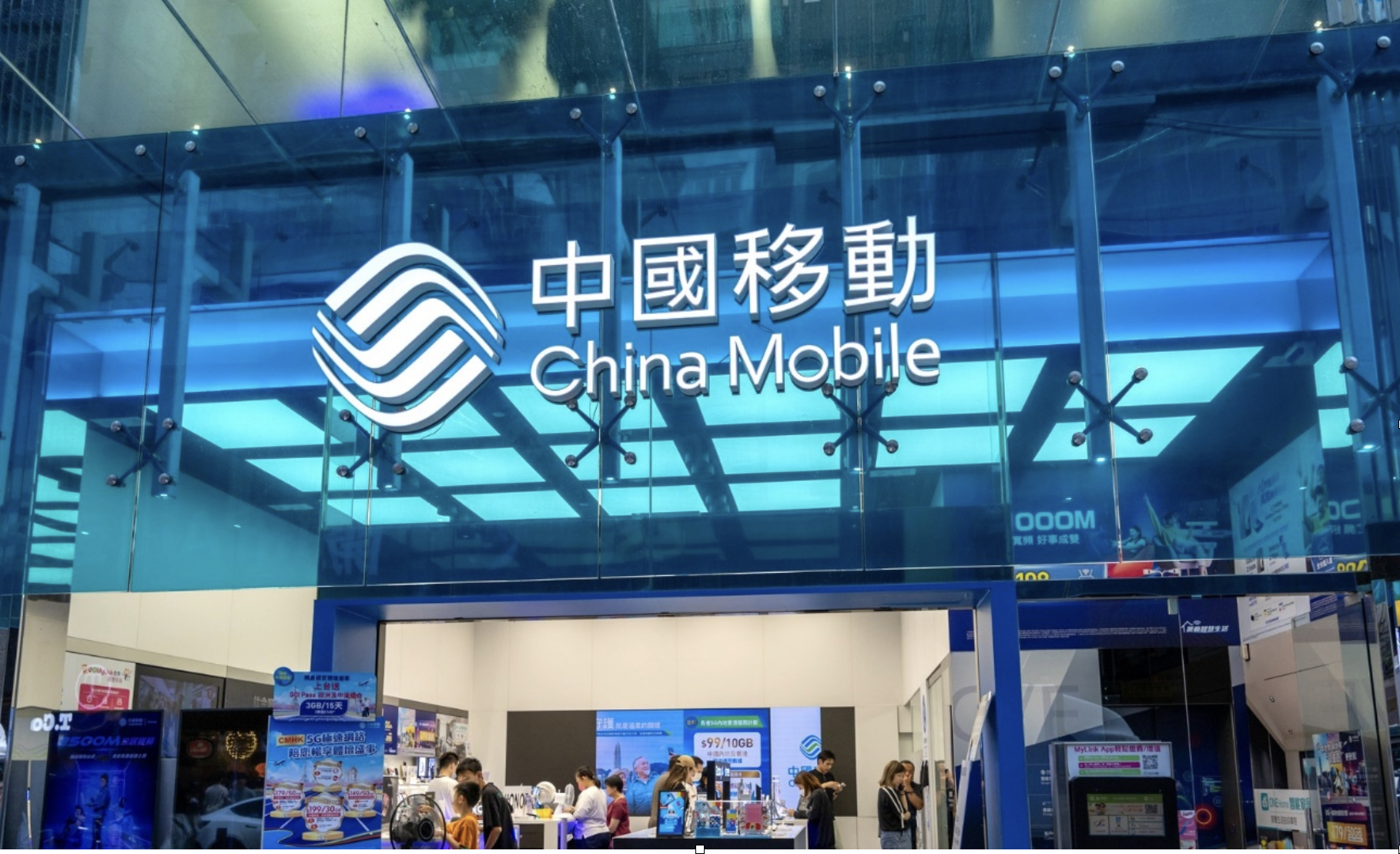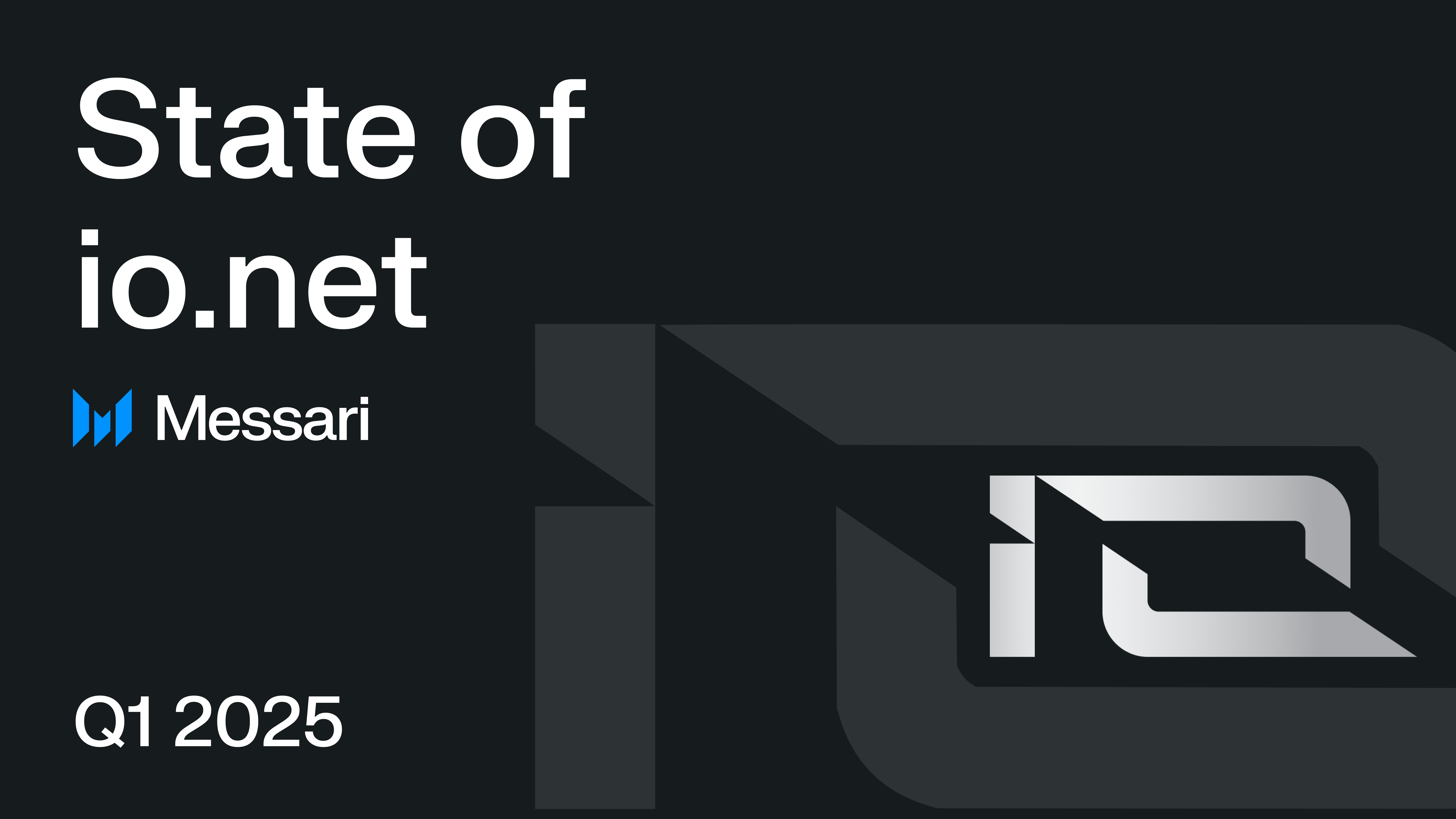China Mobile's Migu Partners with Phoenix for AI-Generated Content in Metaverse

China Mobile’s digital content subsidiary, Migu, has announced a strategic partnership with Phoenix, a decentralized AI infrastructure platform, to enhance its applications in the metaverse and gaming through scalable AI-generated content (AIGC) infrastructure. As the largest wireless carrier in China, serving over 1 billion users, Migu caters to more than 900 million users across its diverse offerings, including video streaming, gaming, and music apps. This collaboration aims to leverage AIGC capabilities to create innovative and immersive digital experiences, which have become a focal point for Migu in recent years.
The integration of AI-powered content into the metaverse and gaming sectors presents significant challenges, requiring a robust combination of AIGC models for images, 3D content, and videos, alongside a scalable AI compute infrastructure. Phoenix’s DePIN-based elastic AI compute layer, known as SkyNet, along with its ready-to-use AIGC modules within Phoenix GenAI, provides a comprehensive solution for real-time AIGC capabilities. These include functionalities such as text-to-image generation, AI-to-3D conversions, and interactive non-player characters (NPCs) powered by large language model (LLM) chatbot technology.
Moreover, the open API platform as a service (PaaS) layer of Phoenix GenAI allows Migu’s extensive app ecosystem to access and customize AI-generated content on a large scale, catering to its vast user base. One notable application of this partnership could be the creation of AI-generated NFTs within Migu’s metaverse applications, showcasing the potential of AIGC in enhancing user engagement and experience. This collaboration marks a significant step forward in the integration of AI technologies within the digital content landscape, promising to reshape the future of interactive entertainment.
Related News





